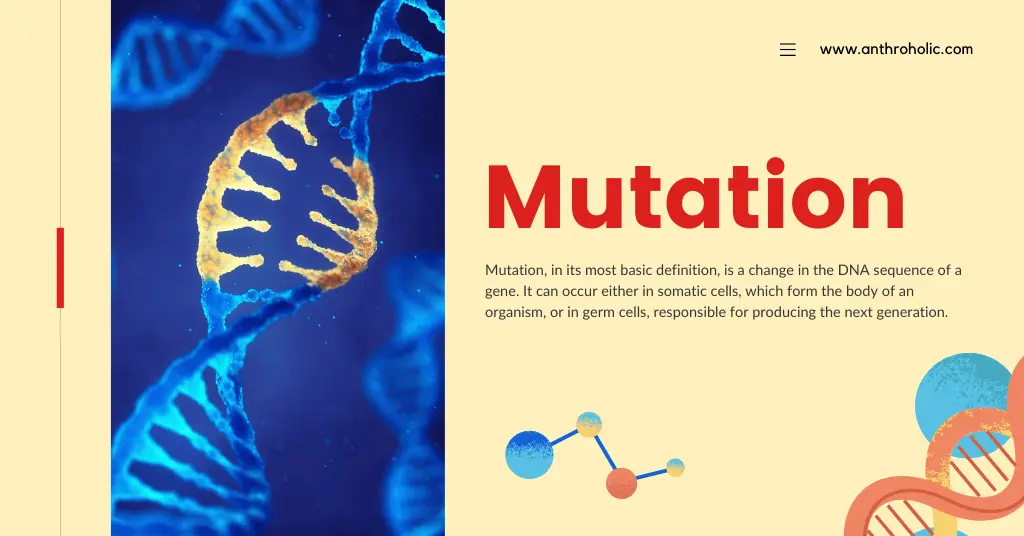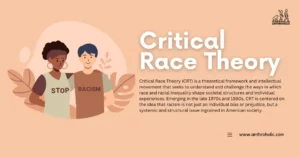AI Answer Evaluation Platform Live Now. Try Free Answer Evaluation Now
Mutation
Mutation, a term often heard within the scientific community and popular culture, is a fundamental concept that drives evolution and forms the basis of biological diversity. It refers to the alteration in the genetic material of an organism, bringing forth the potential for significant change. The realm of mutation encompasses various phenomena, from the smallest scale of DNA nucleotides to the large-scale changes in chromosome structure.

Defining Mutation
Mutation, in its most basic definition, is a change in the DNA sequence of a gene. It can occur either in somatic cells, which form the body of an organism, or in germ cells, responsible for producing the next generation. Though mutations may sound inherently negative, it’s important to understand that they can also be neutral or even beneficial, driving adaptation and evolution.
Types of Mutations
Mutations can be broadly divided into three categories:
- Point Mutations: These involve a change in a single nucleotide within the DNA sequence. They can further be classified into:
- Silent mutations: where the change does not affect the protein produced.
- Missense mutations: where the change alters one amino acid in the protein sequence.
- Nonsense mutations: where the change creates a premature stop codon, leading to an incomplete protein.
- Insertions and Deletions: As the name suggests, these involve either adding or removing one or more nucleotides from the DNA sequence. They can lead to what is known as ‘frameshift’ mutations, causing major changes in the protein product.
- Chromosomal Alterations: These are large-scale mutations that can involve deletions, duplications, inversions, or translocations of large sections of DNA. Such mutations can have a significant impact on the organism’s phenotype.
Causes of Mutations
Mutations can occur spontaneously due to errors in DNA replication or repair, or they can be induced by external factors known as mutagens. These include:
- Physical mutagens: Such as ultraviolet radiation and X-rays, which can cause breaks in DNA or the formation of pyrimidine dimers.
- Chemical mutagens: Various chemicals can interact with DNA, leading to modifications in the nucleotides or causing DNA strands to cross-link.
- Biological mutagens: Certain viruses can integrate their genetic material into the host genome, leading to mutations.
The Impact of Mutations
Mutations, depending upon their nature, can have a broad range of impacts on the organism:
- Neutral Mutations: These are mutations that do not result in any observable change in the phenotype of an organism. They may occur in non-coding regions of DNA or may not affect the function of the protein produced.
- Harmful Mutations: Some mutations can be detrimental to the organism, causing diseases or conditions such as cancer, cystic fibrosis, and sickle cell anaemia.
- Beneficial Mutations: Occasionally, mutations can lead to a trait that gives the organism a survival advantage in its environment. Over generations, these beneficial mutations spread throughout a population, leading to evolution.
Mutations and Evolution
Mutations play a pivotal role in evolution, as they generate the genetic variation necessary for natural selection to occur. Without mutations, all members of a species would be genetically identical, hindering their adaptability to changing environments. Through mutations, new traits can emerge that may provide a survival advantage, leading to the evolutionary success of those traits over time.
Mutations and Medicine
Understanding the mechanisms of mutation also has vital implications in medicine. By identifying and studying genetic mutations that lead to disease, scientists can design more effective treatments and preventative strategies. For example, the discovery of specific mutations associated with certain cancers has led to the development of targeted therapies that can more effectively treat those cancers.
Conclusion
In the grand scheme of life, mutations are a necessary mechanism for genetic variation and adaptation. They are the driving force behind the diversity of life we see today. While they can sometimes lead to disease, understanding their mechanics provides us the opportunity to combat these conditions more effectively. As we continue to explore the fascinating world of genetics, the study of mutations remains at the forefront, offering the potential for countless breakthroughs in our understanding of life.



